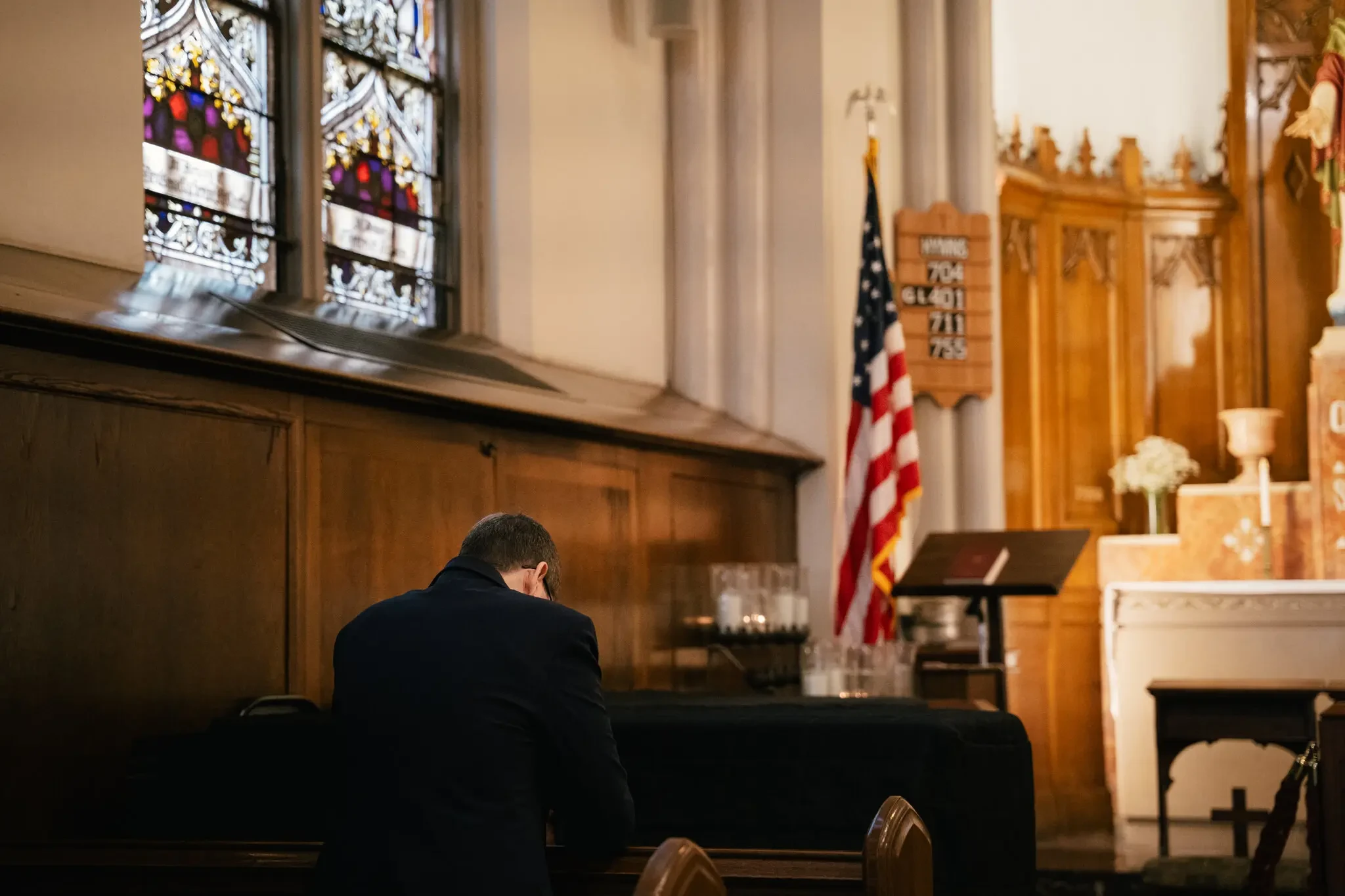Today It’s Harvard. Tomorrow, It Could Be Your Church

As a conservative, I’ve long believed that expanding government power — even temporarily — opens the door to long-term abuse. That’s why I find recent actions by President Trump’s administration so troubling.
In recent weeks, Mr. Trump has threatened to revoke Harvard University’s tax-exempt status, citing its response to antisemitism and ideological bias. He has suggested similar action against other universities. Meanwhile, the acting U.S. attorney in Washington — a Trump ally — accused Wikipedia’s parent organization of hosting foreign propaganda and implied its nonprofit status could be at risk.
Some on the right have welcomed these threats as overdue retaliation against liberal strongholds in media and academia. But conservatives should know better. Using tax policy as a political weapon may feel satisfying in the short term — but it’s a dangerous precedent that could backfire spectacularly.
Consider the future. A progressive administration could use the same tools against churches, synagogues, or faith-based charities whose teachings contradict prevailing social norms. Pastors preaching traditional views on marriage might face accusations of “political advocacy.” Religious organizations could find themselves buried in paperwork, legal fees, and audits. The result? Self-censorship, silence from the pulpit, and weakened communities.
This isn’t speculative. During the Obama era, conservatives rightly criticized the IRS for targeting Tea Party groups seeking nonprofit status. We understood then that bureaucratic bias was corrosive. But what we see now under Trump is not just bias — it's open coercion. His administration is using the threat of tax revocation not as a regulatory tool, but as a political bludgeon.
Such tactics contradict foundational conservative beliefs: that power must be restrained, that government overreach endangers liberty, and that institutions should be governed by impartial rules — not partisan vendettas.
True conservatives recognize that human nature is flawed and that unchecked authority invites corruption. When we abandon these principles in the name of scoring points against ideological rivals, we trade long-term integrity for fleeting advantage.
Ronald Reagan once said that freedom is “never more than one generation away from extinction.” That warning still holds. We protect liberty not by punishing our enemies, but by upholding the rule of law and practicing restraint — even when it's hard.
I don’t expect the entire Republican Party to suddenly rediscover this approach. The pull of Mr. Trump’s combative politics remains strong. But there are still conservatives — lawmakers like Don Bacon and Rand Paul, thinkers like Yuval Levin — who advocate for a movement rooted in humility and principle, not vengeance.
Their voices matter. If they can resist the excesses of the current moment, they may yet help restore balance and decency to our politics.
The stakes are high. A politics driven by retribution — where each side uses state power to punish the other — leads only to instability and division. Conservatives, of all people, should understand this. We have a duty to lead by example, to ensure that government remains a guardian of liberty, not its master.
As a conservative, I’ve long believed that expanding government power — even temporarily — opens the door to long-term abuse. That’s why I find recent actions by President Trump’s administration so troubling.
In recent weeks, Mr. Trump has threatened to revoke Harvard University’s tax-exempt status, citing its response to antisemitism and ideological bias. He has suggested similar action against other universities. Meanwhile, the acting U.S. attorney in Washington — a Trump ally — accused Wikipedia’s parent organization of hosting foreign propaganda and implied its nonprofit status could be at risk.
Some on the right have welcomed these threats as overdue retaliation against liberal strongholds in media and academia. But conservatives should know better. Using tax policy as a political weapon may feel satisfying in the short term — but it’s a dangerous precedent that could backfire spectacularly.
Consider the future. A progressive administration could use the same tools against churches, synagogues, or faith-based charities whose teachings contradict prevailing social norms. Pastors preaching traditional views on marriage might face accusations of “political advocacy.” Religious organizations could find themselves buried in paperwork, legal fees, and audits. The result? Self-censorship, silence from the pulpit, and weakened communities.
This isn’t speculative. During the Obama era, conservatives rightly criticized the IRS for targeting Tea Party groups seeking nonprofit status. We understood then that bureaucratic bias was corrosive. But what we see now under Trump is not just bias — it's open coercion. His administration is using the threat of tax revocation not as a regulatory tool, but as a political bludgeon.
Such tactics contradict foundational conservative beliefs: that power must be restrained, that government overreach endangers liberty, and that institutions should be governed by impartial rules — not partisan vendettas.
True conservatives recognize that human nature is flawed and that unchecked authority invites corruption. When we abandon these principles in the name of scoring points against ideological rivals, we trade long-term integrity for fleeting advantage.
Ronald Reagan once said that freedom is “never more than one generation away from extinction.” That warning still holds. We protect liberty not by punishing our enemies, but by upholding the rule of law and practicing restraint — even when it's hard.
I don’t expect the entire Republican Party to suddenly rediscover this approach. The pull of Mr. Trump’s combative politics remains strong. But there are still conservatives — lawmakers like Don Bacon and Rand Paul, thinkers like Yuval Levin — who advocate for a movement rooted in humility and principle, not vengeance.
Their voices matter. If they can resist the excesses of the current moment, they may yet help restore balance and decency to our politics.
The stakes are high. A politics driven by retribution — where each side uses state power to punish the other — leads only to instability and division. Conservatives, of all people, should understand this. We have a duty to lead by example, to ensure that government remains a guardian of liberty, not its master.
By Joshua Claybourn/NYTimes Inputs















तपाईको प्रतिक्रिया दिनुहोस